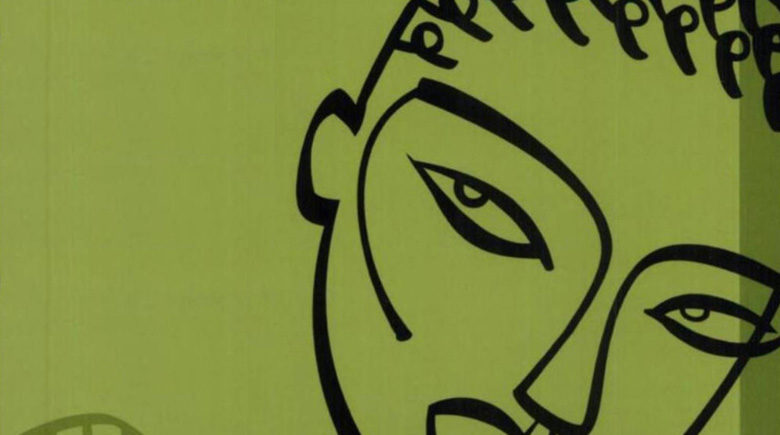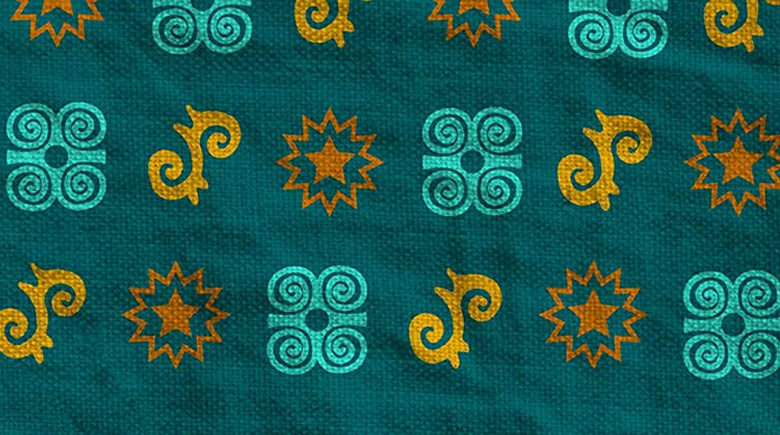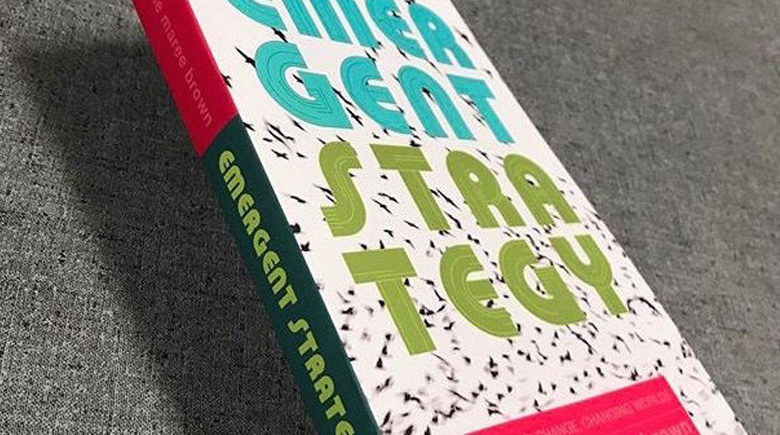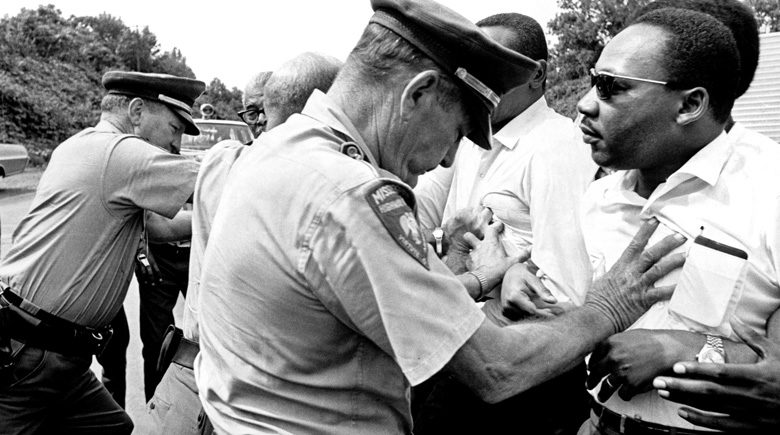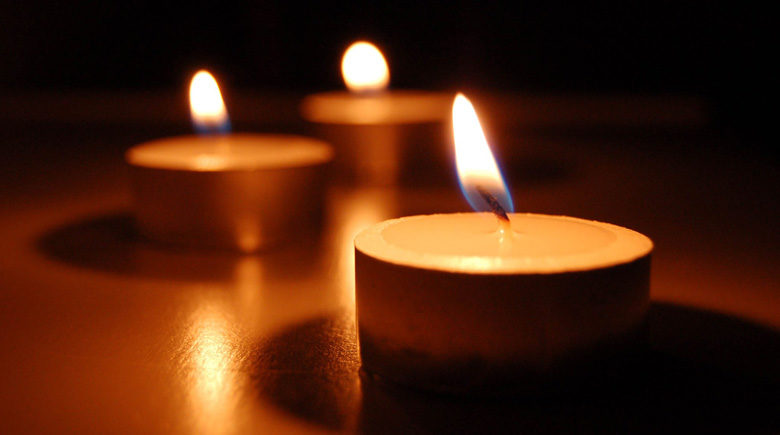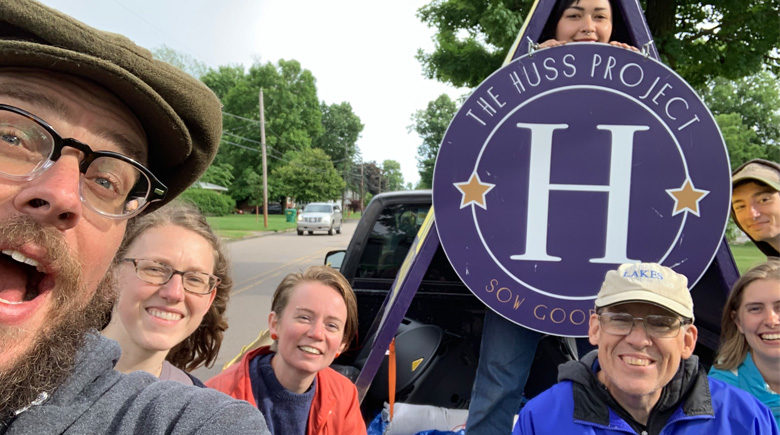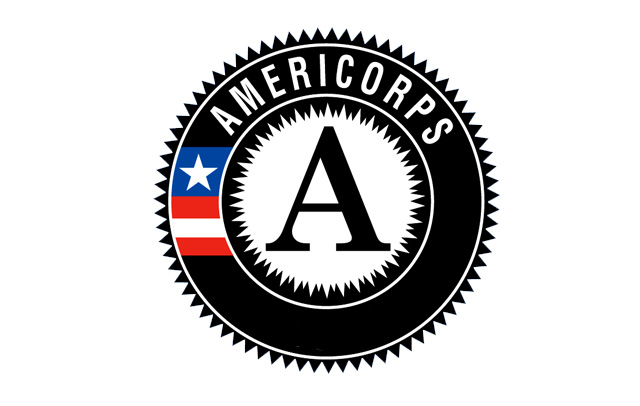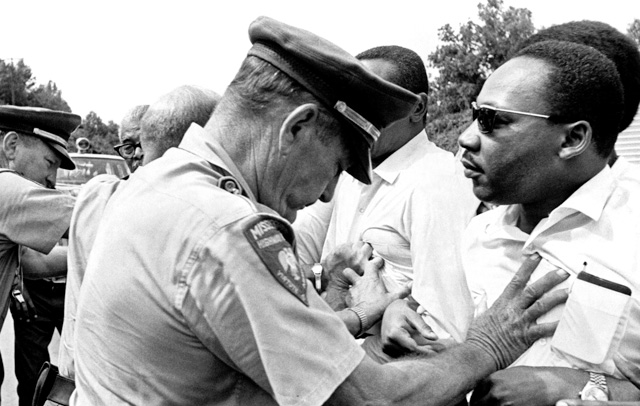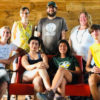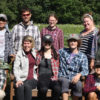…oppression dehumanizes everyone. It is dehumanizing to be diminished by comments and jokes, to have our needs ignored, to be disrespected, and to be treated as an object. It is also dehumanizing to be manipulated by our conditioning, to have our perception be rigidly restricted when it comes to realities outside our lived experience, to be prevented from being moved by human suffering, and to be made immune to someone else’s voice. Whatever social memberships we hold, oppressive social conditioning limits our ability to be fully human. It limits our emotional range, reduces the depth of our empathy, and often keeps us from speaking, listening, loving, and living fully.
Letitia Nieto
Beyond Inclusion, Beyond Empowerment
We have curated a series of quotes and writings in a booklet for our Weekly Witness for Peace at the Huss Project; the booklet is given to each attendee as an aid for reflection on what our personal work for peace might look like. We will also publish these pieces throughout the month on our web site.
This week’s reading is an excerpt from “The Master’s Tools Will Never Dismantle the Master’s House” in Audre Lorde’s Sister Outsider:
Difference must be not merely tolerated, but seen as a fund of necessary polarities between which our creativity can spark like a dialectic. Only then does the necessity for interdependency become unthreatening. Only within that interdependency of strengths, acknowledged and equal, can the power to seek new ways of being in the world generate, as well as the courage and sustenance to act where there are no charters.Within the interdependence of mutual (nondominant) differences lies that security which enables us to descend into the chaos of knowledge and return with true visions of our future, along with the concomitant power to effect those changes which can bring that future into being. Difference is that raw and powerful connection from which our personal power is forged….
Without community there is no liberation, only the most vulnerable and temporary armistice between an individual and her oppression. But community must not mean a shedding of our differences, nor the pathetic pretense that these differences do not exist.

